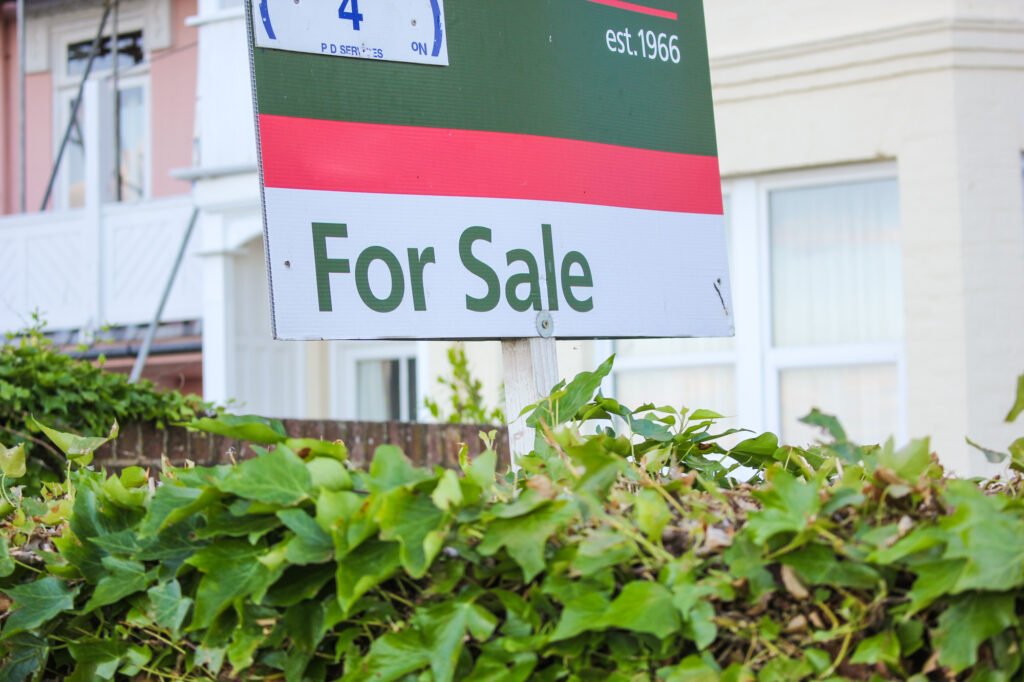
I think I’ve mentioned in the past that I’ve been saving to buy a home of my own and now that I’m getting closer and closer to my goal I’ve started doing my research. In fact, I’ve spoken to countless friends who’ve already gone through the process so that I can get a better idea of what to expect. And I’ve been reading up about property buying online.
Freehold properties
Okay, this is what I’d call the ‘standard’ way to buy a house. With a freehold property you’re buying the bricks-and-mortar, the ground the house sits on, rights of way and the garden up to the property boundaries. Most of the houses in the UK are owned on a freehold basis. You own it basically forever or until you sell it and there are no further fees to pay after you’ve bought it. You have complete freedom to do whatever you wish to your house and the land (within planning laws of course!).
Leasehold properties
Most of flats, maisonettes and apartments in the UK will be leasehold properties. In this instance you’re not technically buying the building itself, but a legal right – the lease – to occupy the property for the duration of the lease. That’s why houses with short leases (such as 25 years) are often much cheaper than those with a 99-year lease because the lease may run out while you’re still living in it and it’s expensive to renew a lease, sometimes costing thousands of pounds to extend it.
The lease means you don’t own the fabric of the building or the land it sits on but you have control over the internal fixtures of your property. Sometimes you may need to ask permission from the Freeholder (whoever owns the building – this could be a management company) to do work on your property. The Freeholder will maintain the building and grounds (and usually charges a monthly maintenance fee) and you may be asked to contribute equally with all other owners in the building if expensive building work needs to be carried out.
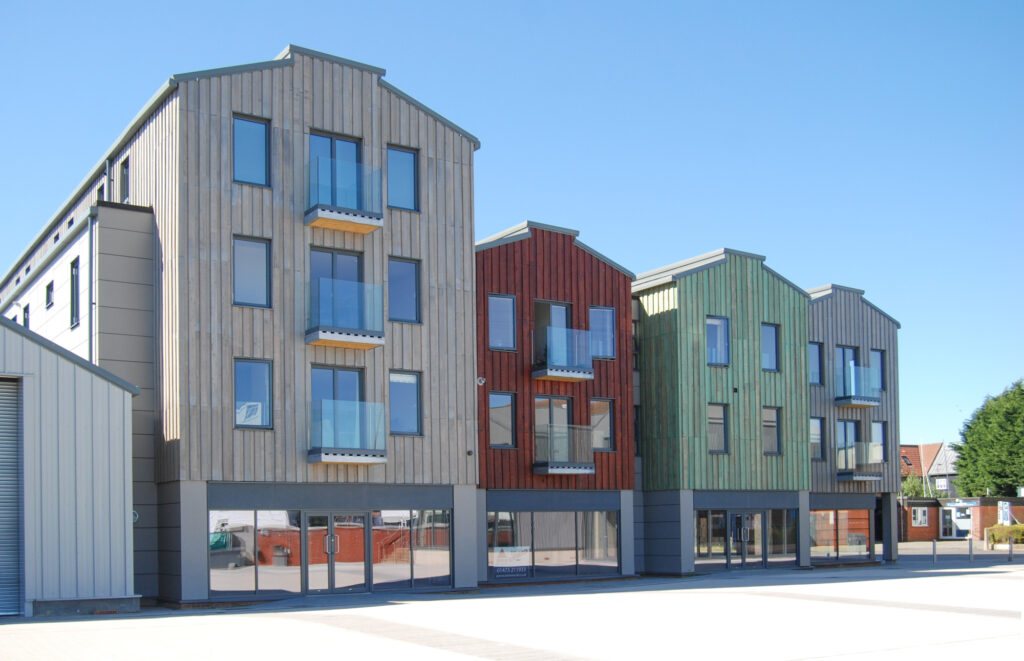
Commonhold properties
This is a fairly new type of ownership, introduced in the UK in 2002. It replaces the freehold system so that, while you may share the building with other owners, there is no Freeholder controlling the lease. The residents own the building together, make decisions about the building and grounds together, and maintain the property together through a ‘commonhold association’.
Residents may pay an agreed fee to the commonhold association in order to carry out maintenance on shared parts of the property in the future, but there is no lease and no service charges. You own your apartment forever and will never need to pay to extend a lease.
Shared ownership properties
Interestingly enough, properties are available on a shared ownership basis for first-time buyers. You’re essentially buying a stake in a house, which could be as low as 25% or up to 75%. This will be covered by your mortgage so you’ll have a mortgage repayment to pay each month. You’ll also have to pay rent to the local housing association for the portion of the house that you don’t own.
If you didn’t have enough funds to buy 100% of the home but could manage 75% this is a great way to start paying into a property and get on the housing ladder. You’ll only be paying rent on the remaining quarter of your house. If you want to buy a house because you’re concerned about how much money you’re ‘losing’ by paying rent each month, at least some of your money is going into repaying the mortgage rather than lining the landlord’s pocket! This approach also benefits from a favourable Loan-To-Value (LTV) ratio, which can potentially result in better mortgage terms.
Having done a lot of research and weighed up all the options, we think we’re probably going to try to buy a freehold property. Knowing our boundaries and having the freedom to do work on the property ourselves is important to us – we’ve rented for too many years and now want to put our stamp on our home (and add value where we can!). Let me know what you think is best and what type of property you own – any tips or pitfalls I should be looking out for? Please leave me a comment below!
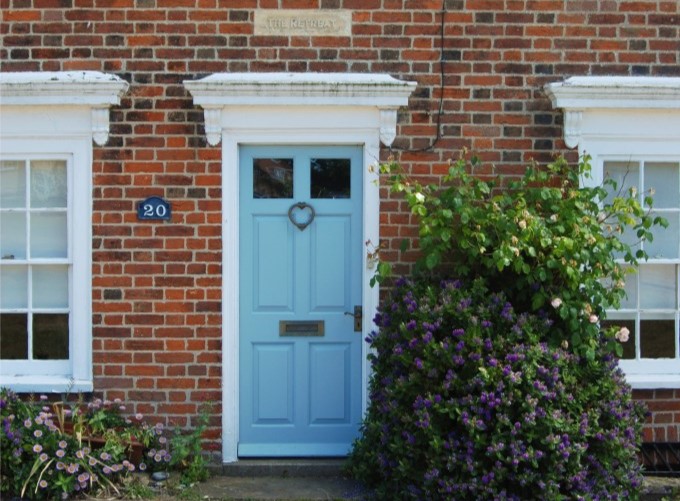
This article is a sponsored collaboration. The pink links in the content indicate a sponsored link or information source. The blog post reflects my own experience and the sponsor hasn’t had any control over my content 🙂









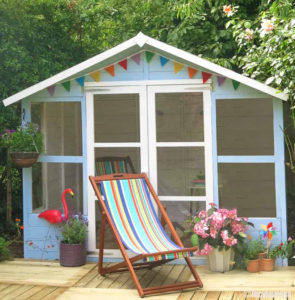
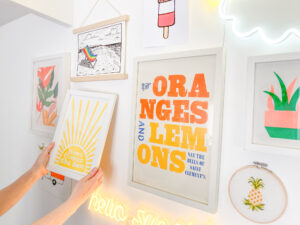
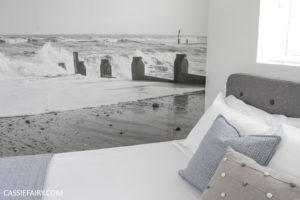


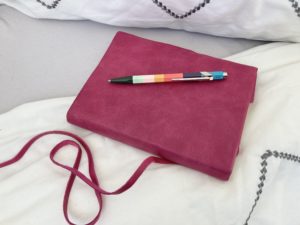

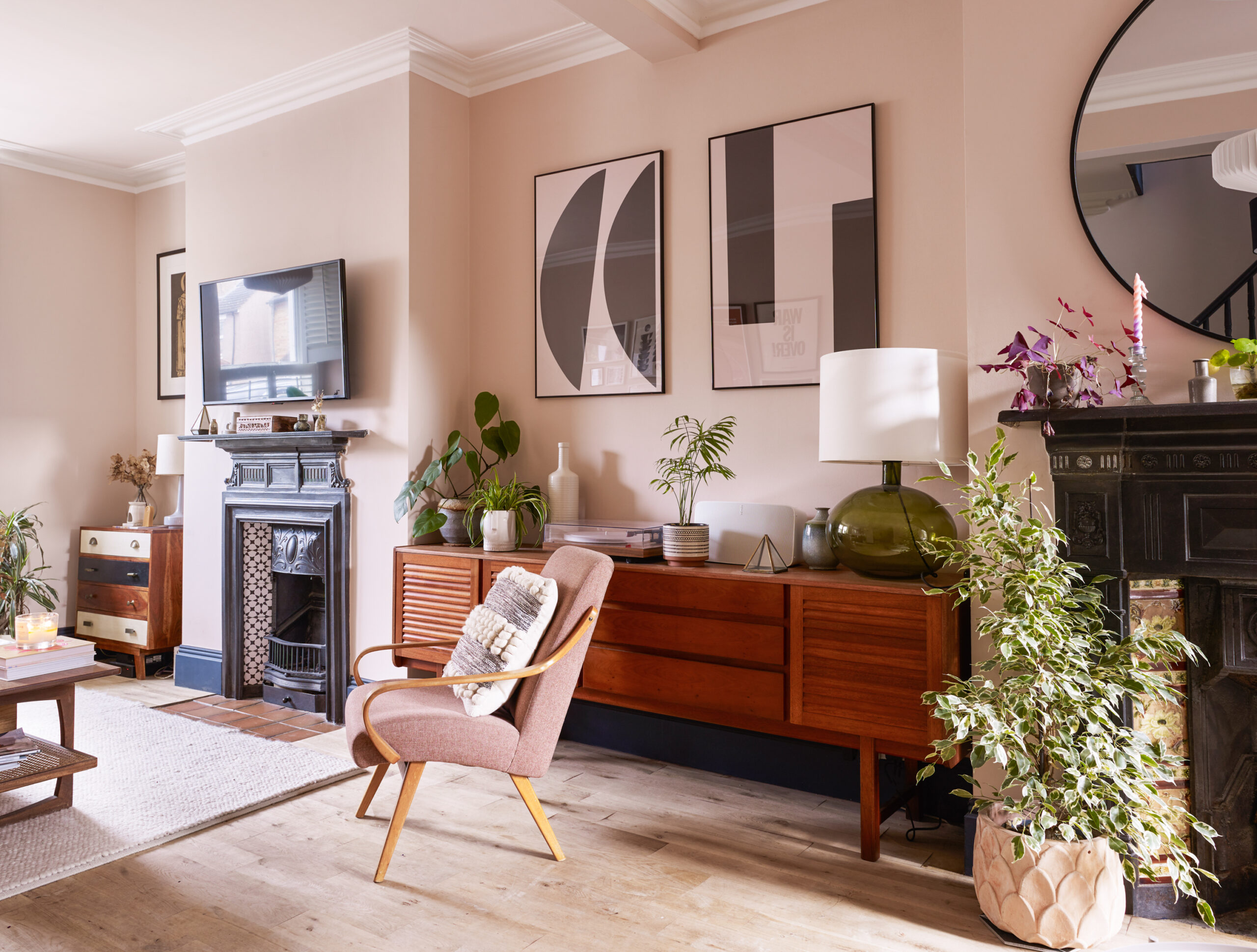
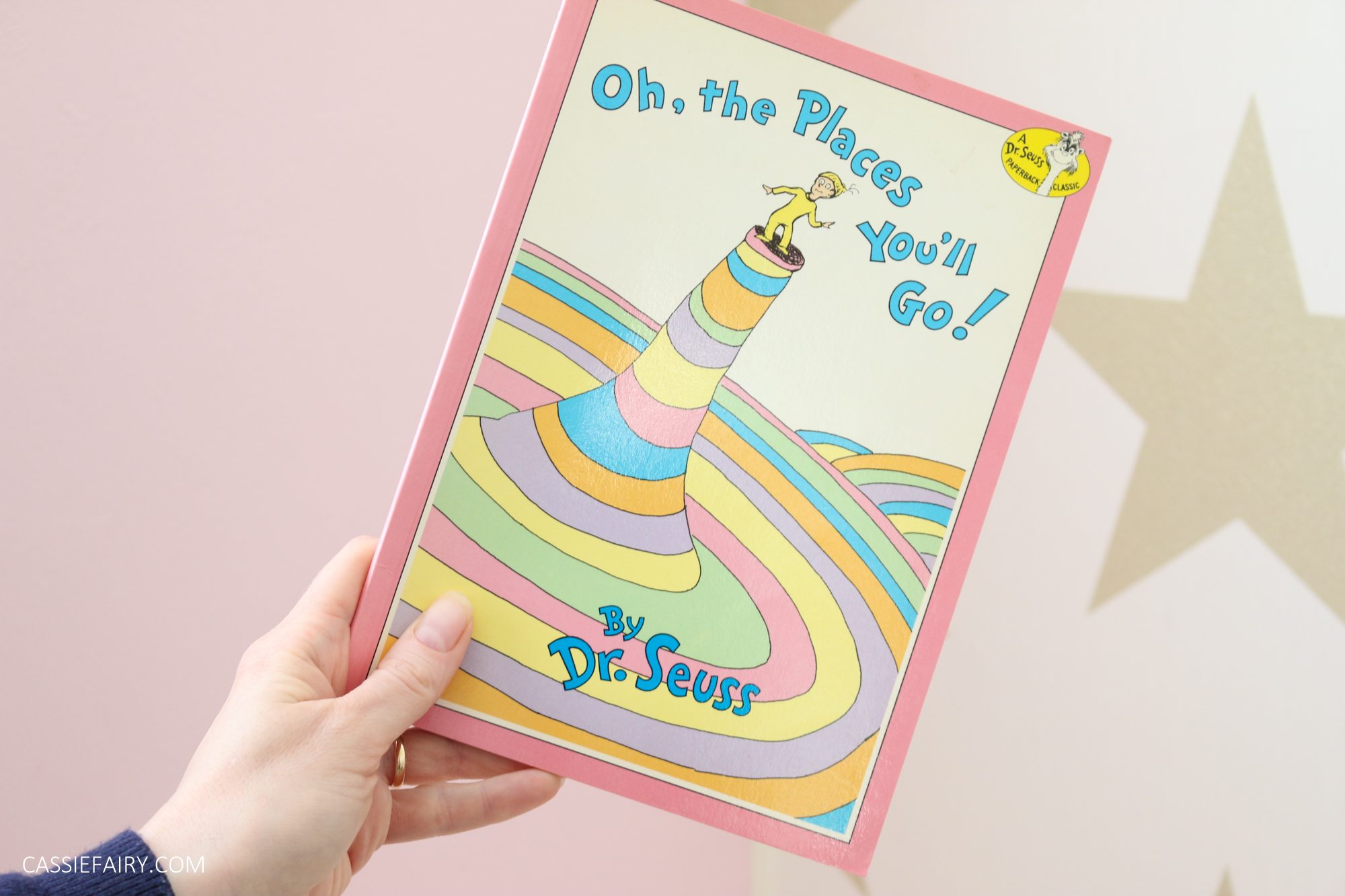
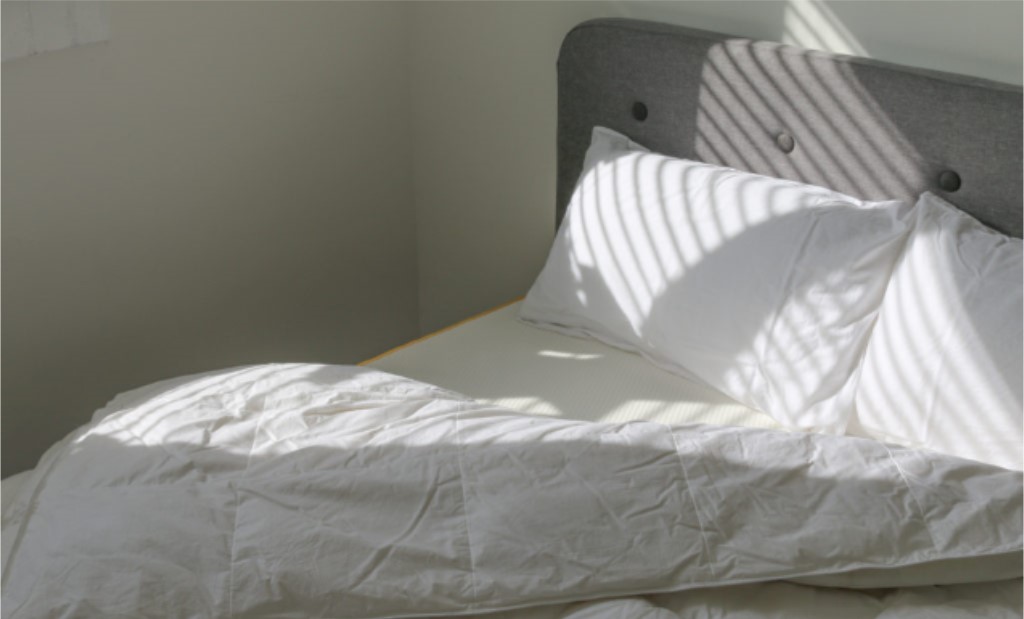
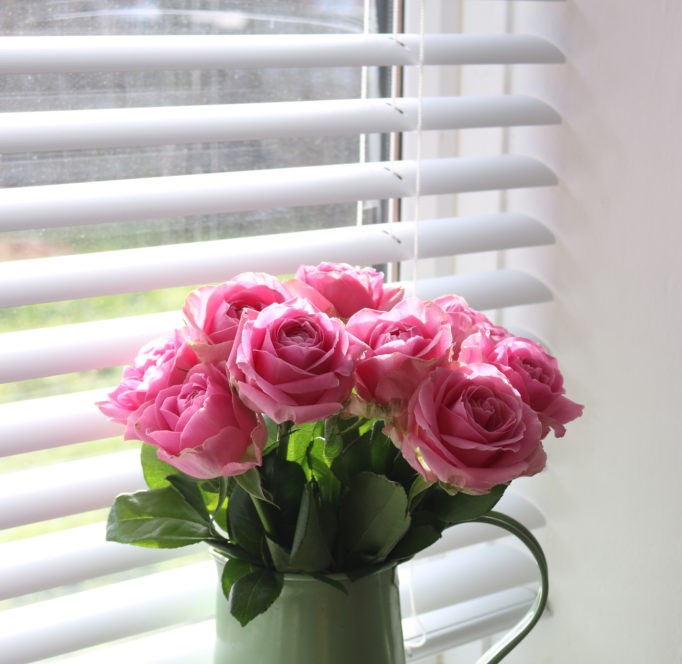

2 Responses
Definitley! I’d prefer to have a freehold but my grandparents’ retirement home is a commonhold property and it works really well for them so I’d consider that too. Thanks for your comment Anca 🙂
I never heard of Commonhold properties. I think all of the situations have both good and not-so-good aspects, so you have to decide which are the compromises you are willing to take.